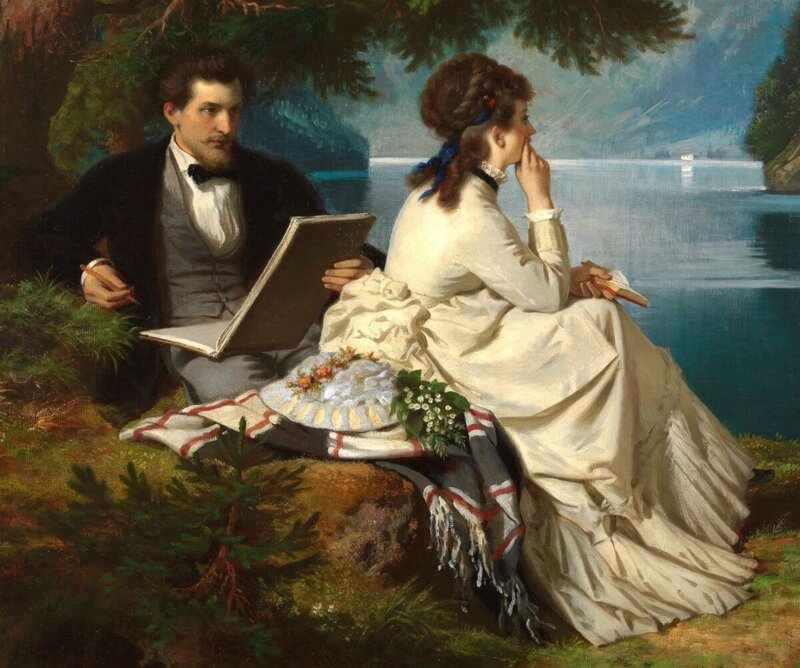Sarah Reardon teaches at a classical Christian school in Philadelphia and is pursuing an MFA at the University of St. Thomas in Houston. She has worked as Managing Editor for Front Porch Republic, and her writing has appeared in First Things, Plough, Ekstasis Magazine, and elsewhere.

